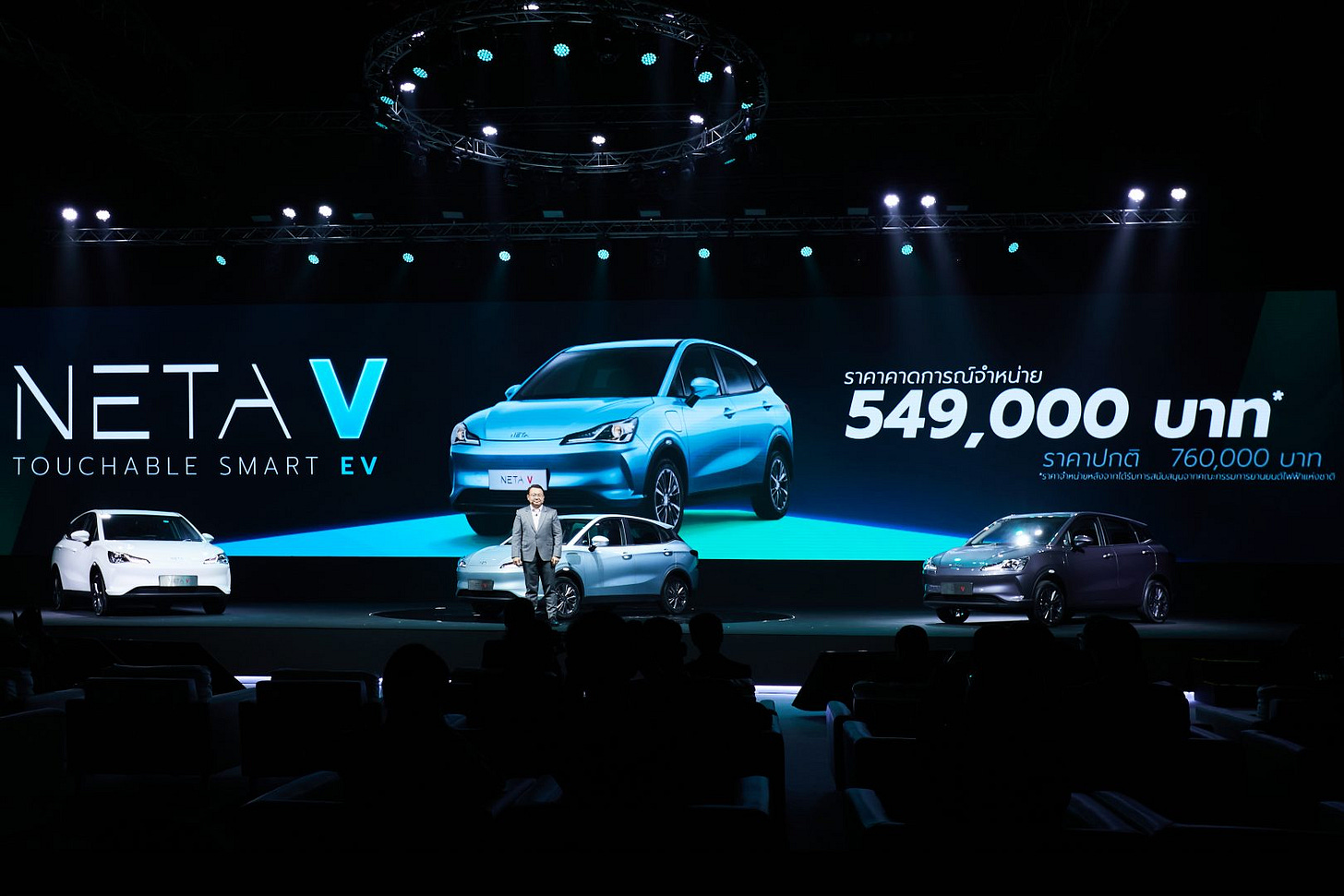From Dark Horse to Downfall: The Rise and Collapse of Neta Auto
In early summer 2025, a throng of desperate employees crowded into Neta Auto’s sleek new Shanghai office and cornered founder and CEO Fang Yunzhou, demanding months of unpaid wages . It was a shocking scene – not long ago, Neta Auto had been hailed as a “dark horse” in China’s electric vehicle (EV) market, a little-known startup that briefly outpaced more famous rivals in sales through relentless ambition and savvy marketing. Now its headquarters were under siege by its own staff. The dramatic rise and precipitous fall of Neta Auto has captivated China’s tech and business circles, offering a cautionary tale of how meteoric success can swiftly unravel in the country’s cutthroat EV industry.
Founded in 2014 by Fang Yunzhou, Neta Auto rode China’s EV boom from obscurity to industry prominence in just a few years. This account recounts how Nezha rose from an underdog to a market leader with key funding and a low-cost strategy, then charts the company’s recent implosion – from employee protests and unpaid wages to factory shutdowns and bankruptcy rumors – on through an analysis of the multi-faceted causes behind its downfall. In the end, Nezha’s saga speaks volumes about the brutal “survival of the fittest” underway in China’s EV arena, where breakneck growth has given way to harsh consolidation.
An Underdog’s Meteoric Rise
Neta Auto’s ascent began with a focus on affordable electric cars for the masses. Its very first model, the Neta N01 launched in 2018, was a compact EV priced around ¥60,000–¥80,000 (~$9–12k) – far cheaper than most competitors . In 2020, Neta followed up with the Neta V, a small crossover starting below ¥60,000, which quickly gained traction in China’s lower-tier cities . This ultra-low pricing strategy – encapsulated in Neta’s slogan “building cars for the people” – helped the startup tap into a huge underserved market of budget-conscious buyers. By offering functional EVs at roughly half the price of models from Tesla or NIO, Neta rapidly expanded its sales volume.
Crucially, investors took notice of Neta’s early promise. The company (whose legal name is Hozon New Energy Automobile) raised funding from a roster of powerful backers, including local government funds and China’s battery giant CATL . A turning point came in 2021 when tech mogul Zhou Hongyi – founder of Internet security firm Qihoo 360 – led Neta’s Series D financing round with a ¥2 billion investment. That round raised a total of ¥4 billion, valuing Neta at around ¥25 billion (≈$3.8 billion) . Zhou’s involvement brought not just cash but also publicity: the outspoken billionaire declared he would use “internet thinking to disrupt traditional carmakers,” giving Neta a viral marketing boost . By the early 2020s, Neta had secured an estimated ¥22.8 billion (over $3.3 billion) across ten funding rounds – an extraordinary war chest that it poured into scaling up production, building retail stores, and R&D.
All that investment and expansion paid off – at least initially. By 2022, Neta Auto was on top of the world (or so it seemed). The company sold about 152,000 vehicles that year, more than any other Chinese EV startup, even surpassing higher-profile players like NIO, Xpeng, and Li Auto . This achievement earned Neta the title of annual sales champion among China’s “new forces” in automaking, cementing its status as the industry’s unexpected dark horse . Neta’s budget EVs – particularly the Neta V and Neta U models – were moving in huge volumes, helping the company double its sales in a short span. Fang Yunzhou’s vision of “EVs for everyone” seemed to be working, and the firm eyed an IPO to fuel further growth. Yet beneath the celebratory headlines, the seeds of trouble were already planted: those tens of thousands of cheap EVs were being sold at razor-thin or even negative profit margins, a fact that would eventually catch up with Neta.
Keep reading with a 7-day free trial
Subscribe to Pandaily to keep reading this post and get 7 days of free access to the full post archives.




